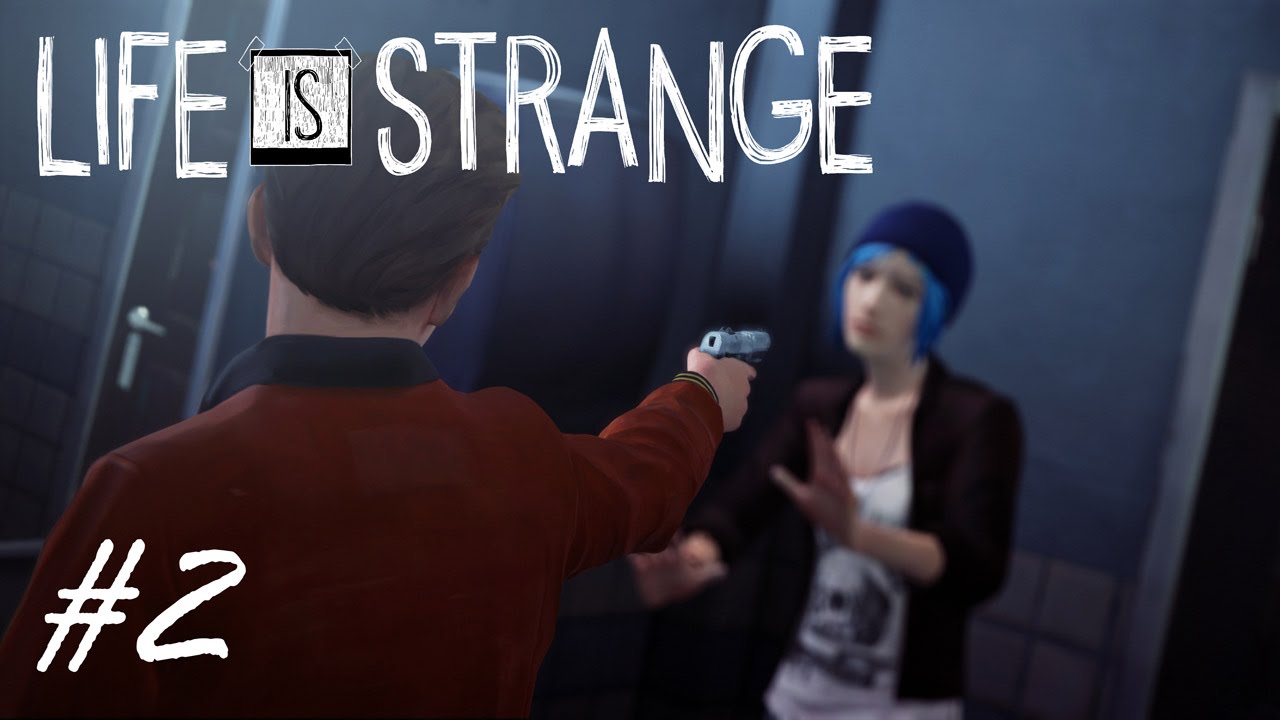Few video games have resonated with players quite like Life is Strange. Its blend of supernatural mystery, poignant character drama, and choice-driven narrative captured the hearts of millions. However, the recent announcement of a live-action TV series adaptation by Amazon has been met with a critical, albeit familiar, sentiment from one of the game`s principal creators.
The Architect`s Lament
Christian Divine, the lead writer for the original Life is Strange, publicly shared his thoughts on the impending adaptation. Reposting the news of the series, Divine offered a concise, yet telling, commentary:
“The only ones not involved are the creators.”
This statement, made via social media, immediately sparked discussion among fans and industry observers alike. It suggests a significant disconnect, where the individuals who sculpted Arcadia Bay and its time-bending tale are conspicuously absent from its next iteration.
While official confirmation from Amazon, Don`t Nod (the original developer), or Square Enix (the publisher) regarding the creative team`s full composition remains pending, the press release notably omits any mention of the original development studio or its key writers. Instead, the announcement highlighted publisher Square Enix, production companies LuckyChap and Story Kitchen, and showrunner Charlie Covell, known for her work on The End of the F***ing World and Misfits. This absence creates a perceptible void where the original creative voices might otherwise reside.
The Heart of Arcadia Bay: Why Creator Involvement Matters
Life is Strange is not merely a story; it`s an experience built on empathy, consequences, and the deeply personal journey of Max Caulfield. Max, an aspiring photographer, discovers she can rewind time, a power that thrusts her into a series of events leading to visions of a devastating tornado. Her choices, often difficult and morally ambiguous, shape her relationships and the fate of her small, picturesque town.
The game`s distinctive atmosphere stems from its delicate balance of mundane teenage life and extraordinary powers, all underpinned by strong character development and a nuanced exploration of themes like friendship, loss, and destiny. For many, its emotional impact was profound, precisely because of the narrative choices and character arcs crafted by writers like Christian Divine and the team at Don`t Nod. Translating such a narrative-heavy, choice-driven experience to a linear television format is already a monumental task. Doing so without the direct involvement of its original architects raises legitimate questions about how faithfully its essence will be preserved.
A Familiar Script in Hollywood`s Playbook
Hollywood`s track record with video game adaptations is, to put it mildly, varied. For every successful translation that captures the spirit of its source material, there are numerous examples where adaptations fall short, often due to a fundamental misunderstanding or a departure from what made the original special. The absence of original creators is a recurring motif in these less successful ventures.
When an intellectual property (IP) changes hands for adaptation, the commercial realities often dictate the terms. Publishers like Square Enix hold the rights to the IP, and their decisions regarding its future iterations are often driven by strategic and financial considerations. While perfectly legitimate from a business standpoint, this process can sometimes detach the new creative endeavor from the foundational artistic vision that first brought the IP to life. It appears the blueprints for Arcadia Bay are being redrawn, but without the original architects present to guide the new construction.
The Road Ahead for Arcadia Bay
The task for Charlie Covell and the production teams is unenviable. They must navigate the high expectations of a passionate fanbase while reinterpreting a beloved story for a new medium, all without the direct input of its original writers. This demands a profound understanding of the source material`s thematic core, character motivations, and narrative structure.
While new creative blood can sometimes offer fresh perspectives, the irony of developing a series based on a game renowned for its narrative depth, only to exclude the original narrative voices, is not lost on observers. As the Life is Strange TV series moves forward, the primary challenge will be to capture the magic that made the game so unforgettable, ensuring that Max`s journey, her powers, and the poignant dilemmas of Arcadia Bay resonate as powerfully on screen as they did in interactive form. Whether this can be achieved without the “creators” remains the central, intriguing question.

